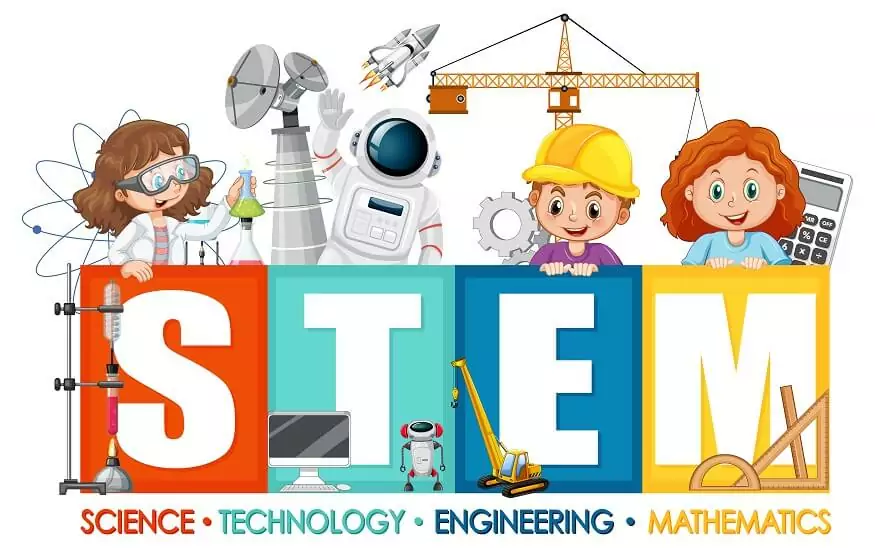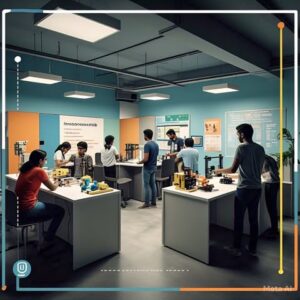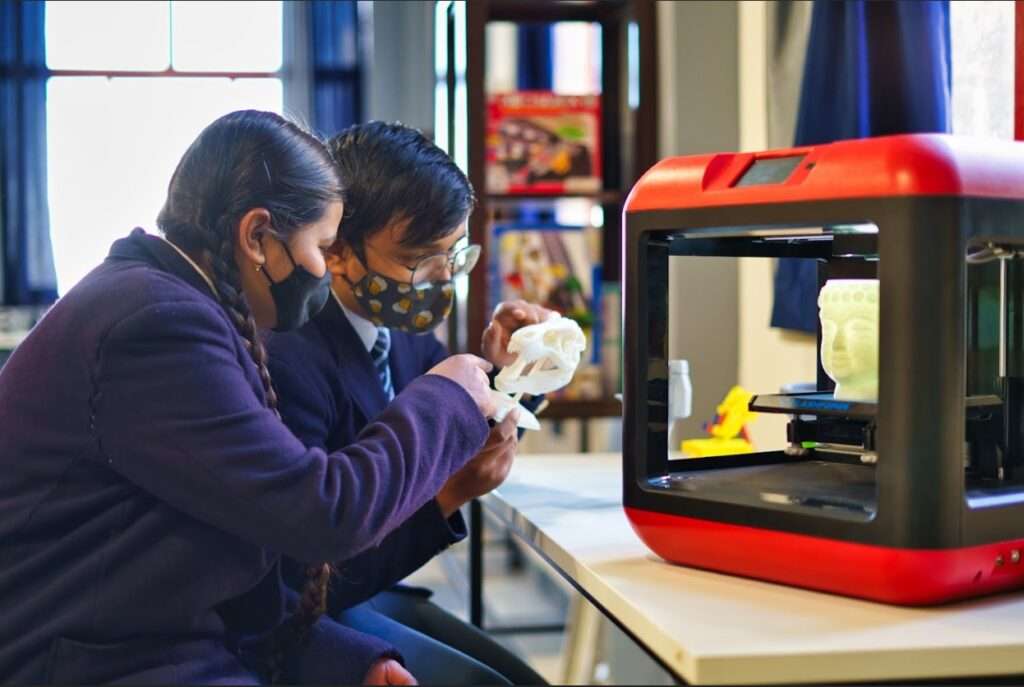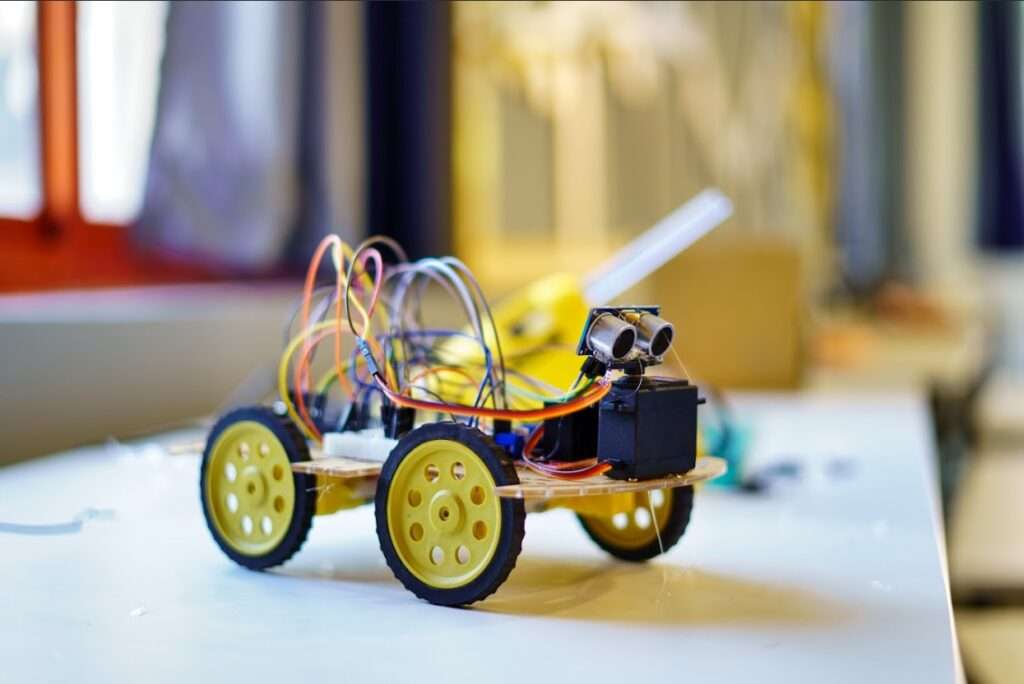In Mrs. Thompson’s bustling STEM classroom, excitement buzzed in the air as students eagerly embarked on their new project-based learning (PBL) assignment. They were tasked with designing a sustainable city model, a project that promised creativity, collaboration, and hands-on learning. However, as the weeks passed, Mrs. Thompson noticed a concerning trend. Some groups struggled to meet deadlines, while others produced low-quality work. The classroom, once a hub of innovation, now seemed chaotic. Productivity plummeted, and the relationships between students began to fray. Mrs. Thompson knew she needed to address these issues quickly to keep the project on track and ensure that PBL remained a valuable tool for learning.
Understanding Common PBL Challenges in STEM
Project-based learning is an effective educational approach that encourages students to learn by actively engaging in real-world and meaningful projects. In STEM education, PBL is particularly valuable because it helps students apply theoretical knowledge to practical problems, fostering deeper understanding and skill development. However, PBL does come with its own set of challenges.
Project incompletion is a significant concern in PBL, especially in STEM subjects where projects can be complex and time-consuming. Students may struggle to manage their time effectively, leading to unfinished work. Moreover, the collaborative nature of PBL can sometimes lead to conflicts among team members, affecting both relationships and the overall quality of the project.
Another common issue is low-quality work. Without proper guidance and support, students might focus more on completing the project than on learning the underlying concepts. This can result in superficial or poorly executed projects that fail to meet learning objectives.
Strategies to Overcome PBL Challenges
Overcoming these challenges requires a strategic approach. Here are some effective strategies to ensure successful PBL in STEM education:
1. Establish Clear Classroom Norms
Establishing clear classroom norms at the start of the project is essential. Students need to understand the expectations for behavior, collaboration, and work quality. By establishing these norms early on, teachers can create a positive and productive learning environment where students feel supported and accountable.
- Encourage open communication to resolve conflicts.
- Set specific goals and deadlines to keep students on track.
2. Provide Adequate PBL Training
Teachers must be equipped with the necessary skills to guide students through PBL. PBL training for educators can make a significant difference in how they manage projects and support student learning.
- Focus on skill-building activities that help students develop critical thinking, problem-solving, and time management skills.
- Offer workshops or professional development sessions for teachers to enhance their PBL facilitation skills.
3. Monitor and Support Productivity
Keeping students engaged and productive throughout the project is key to avoiding project incompletion. Regular check-ins and feedback sessions can help students stay on track and address any issues before they escalate.
- Utilize formative assessments to track progress and offer constructive feedback.
- Encourage peer reviews to promote accountability and improve the quality of work.
4. Foster Strong Relationships
Collaboration is central to the success of PBL, but it can also be a source of conflict. To prevent issues from arising, focus on building strong, positive relationships within student teams.
- Encourage team-building activities at the start of the project to establish trust and rapport.
- Teach conflict resolution strategies to help students navigate disagreements effectively.
The Impact of Effective PBL on Student Outcomes
When PBL is implemented effectively, it can have a profound impact on student learning and engagement. According to a study by the Buck Institute for Education, students involved in well-structured PBL demonstrate higher levels of productivity, deeper understanding of the material, and improved problem-solving skills. Moreover, they are better prepared for future careers in STEM fields, where teamwork and project management are essential.
Transform your classroom with effective PBL training and strategies.
Equip your students with the skills they need for success in STEM education. Enroll now to start making a difference!By addressing the common challenges of project incompletion, low-quality work, and strained relationships in PBL, educators can unlock the full potential of project-based learning in STEM education. With the right strategies and support, PBL can become a powerful tool for fostering deep, meaningful learning that prepares students for the challenges of the future.















